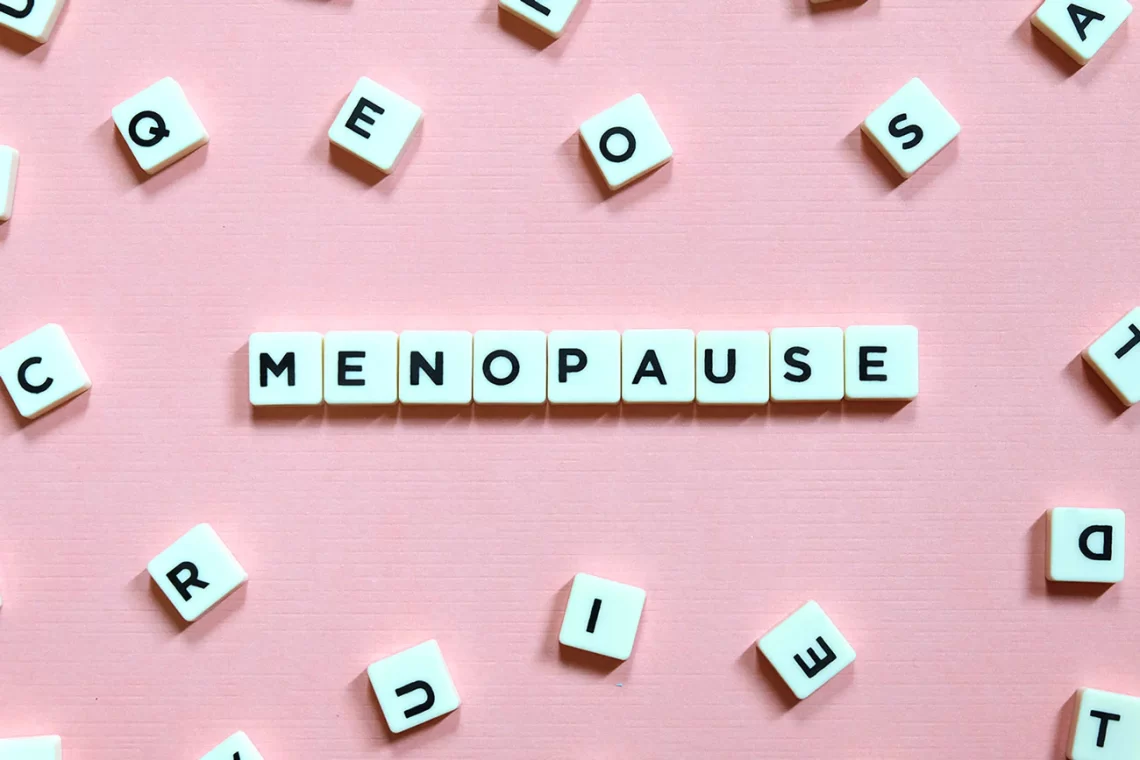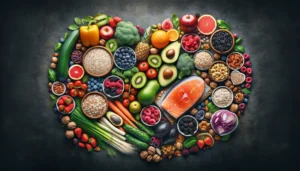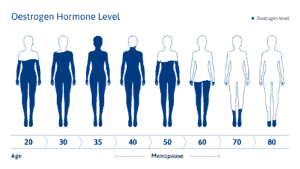What is menopause?
When a woman goes through menopause, her periods stop. Menopause is when periods stop for 12 months. Perimenopause occurs in the years prior to this, and can cause havoc on monthly cycles making them shorter or longer, lighter or heavier. However, as some form of contraception stops the monthly cycle, this ‘sign’ isn’t always available.
It’s worth noting that if you’re younger than 40 years and your periods have stopped, this can be for longs of reasons including conditions like HA and PCOS. Please let your doctor know if and when this happens.
Generally, women wait about a year before they get the treatment they need. There are many reasons for this. A study suggested that social media was the main source of information for women. With so many unqualified people giving advice on social media, perhaps it’s misinformation. It could also be the simple fact that symptoms vary so much, and can be put down to other factors in life.
How can you treat menopause?
- There are things you can do to help with symptoms. Basic advice for most women would be to follow a Mediterranean style dietary pattern, limit caffeine, alcohol and smoking while aiming to get some daily exercise and adequate sleep.
- There are also medicines that can replace the missing hormones and help relieve your symptoms. There has been plenty of scare mongering about the different options so please do talk to your GP about what is suitable and safe for you.
- There are dietary changes you can make to help you feel better. Adequate hydration, eating enough protein and fibre at meals and aiming for 7 portions of fruit and vegetables each day is a great start.
- As menopause puts the body at greater risk of certain conditions and diseases like heart disease and osteoporosis, the diet needs to be altered to mitigate this increased risk. Upping your intake of dairy, ensuing you’re taking a vitamin D supplement, eating lots of nut and seeds as well as focusing on resistance exercise will go a long way.
Want more info?
If you would like to learn more about menopause and what you can do then book an appointment with one of our team of Registered Dietitians for an online or in-person consultation.











